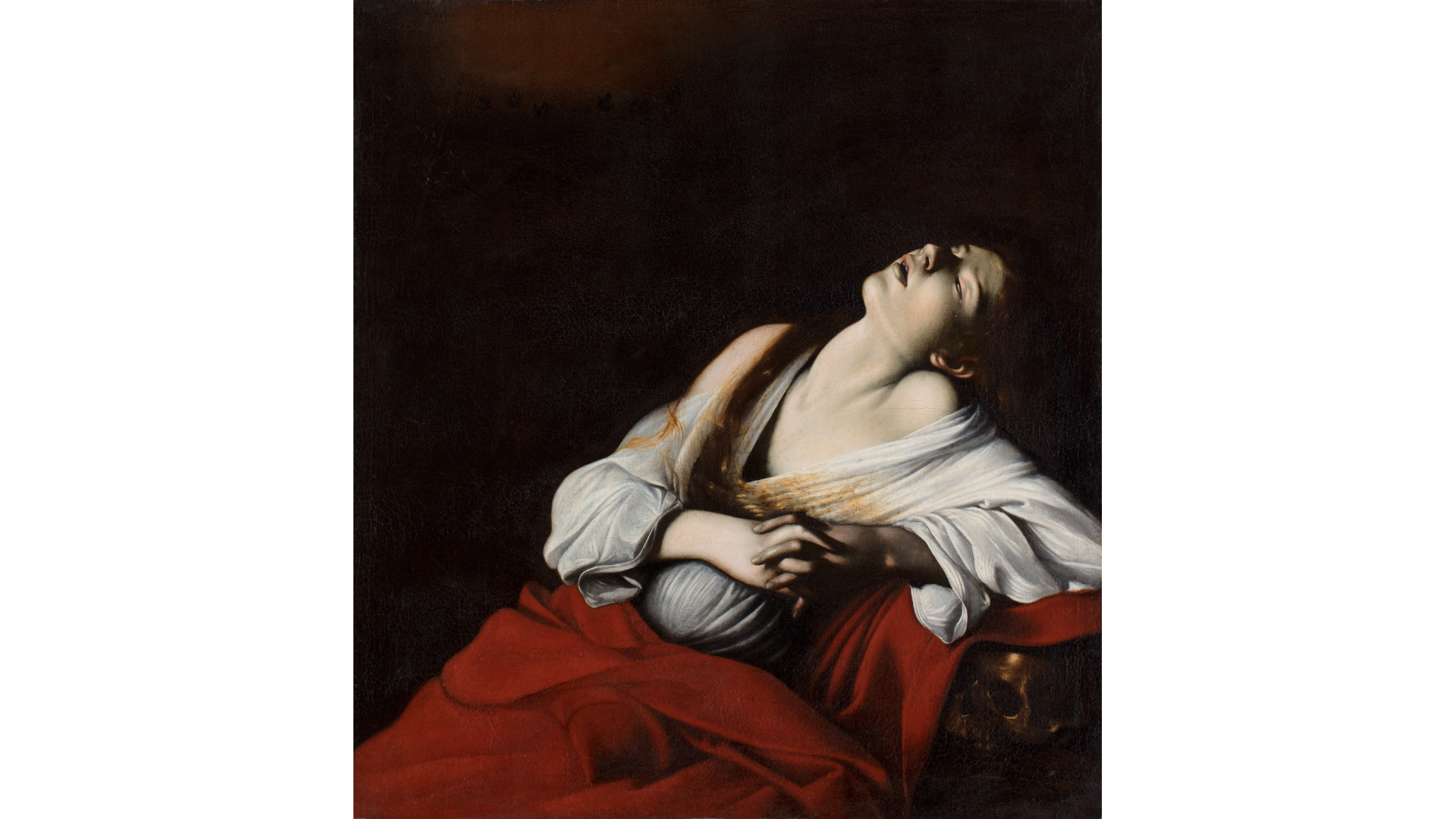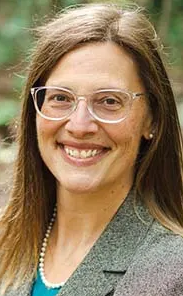COMMENT | Gertrude Kamya Othieno | Lent invites us into a journey of remembrance and revelation—a time to reflect deeply on Christ’s ministry and the divine power he embodied. Jesus healed the blind, raised the dead, calmed the storm, and fed the multitudes. These acts affirmed his divinity and his profound connection to humanity.
But in this season of humility, might we also dare to ask: Was Jesus the only one through whom God performed such works?This is not a denial of Christ’s uniqueness, but rather a challenge to the assumption, rooted more in colonial legacy than in theology, that God’s miraculous power was confined to Palestine. For across Africa, long before the arrival of missionaries, people spoke of healers, prophets, and rainmakers who performed signs that pointed to something higher.Among the Igbo and Dagara, for instance, rituals to “call back” the spirits of the dead were not uncommon, just as Jesus did with Lazarus.

In Rwanda, Queen Muhumuza was revered not only as a political figure but also as a spiritual leader believed to heal the sick and protect her people. In southern Africa, Rain Queen Modjadji was known to summon rain through sacred rituals, feeding the land in times of drought—much like Jesus multiplied loaves and fish for the hungry.If these acts were born of faith and service, might they not also be evidence of God’s presence in other lands? Why must the divine be seen only through the lens of one tradition, one language, or one soil?The story of Pentecost reminds us that when the Spirit came, it did not speak in one tongue, but many.
Those gathered heard God in languages they could understand, Parthian, Median, Egyptian, and more. Could it not be that God also revealed himself through the symbols, rituals, and tongues of Africa? Might the beating drum, the sacred grove, or the herbal ritual have once been vehicles of the same Spirit?Jesus himself said, “I have other sheep that are not of this fold” (John 10:16). Was this not an invitation to widen the circle of divine kinship?And what of covenants? Christians revere Abraham of Canaan as a patriarch with whom God made a holy promise.
But could God not have made similar covenants with elders in other regions, unrecorded in the Bible but remembered in oral tradition? After all, many African societies are monotheistic in origin, acknowledging one supreme God long before the Bible arrived. Whether called Chukwu, Katonda, Nyame, or Mulungu, the reverence for a singular creator was never foreign to the African imagination.Yet, under colonial rule, these expressions of faith were labelled pagan or demonic.
Africa’s prophets were recast as witches; its sacred rituals dismissed as backward. It was not theology that drove this erasure but power. The divine was monopolised, and the sacred repackaged.
Lent, however, is a time to strip away illusions. As we honour the life and sacrifice of Jesus, we might also begin to remember the forgotten sons and daughters through whom God may have worked. This does not threaten faith; it deepens it.
It reminds us that God’s reach was never narrow, even if human interpretation was.This Lent, let us fast from inherited arrogance and feast on a richer sense of the divine. Let us reclaim the sacred memory of Africa’s spiritual past, not as competition to Christ, but as further proof that the Spirit has always moved where it will.
Even in the places we were taught not to look.****Gertrude Kamya Othieno | Political Sociologist in Social Development (Alumna – London School of Economics/Political Science) | Email – [email protected] Share on: WhatsAppThe post Lent Reflection: Were there other sons of God? Rethinking miracles, meaning, and memory appeared first on The Independent Uganda:.
.
Politics

Lent Reflection: Were there other sons of God? Rethinking miracles, meaning, and memory

COMMENT | Gertrude Kamya Othieno | Lent invites us into a journey of remembrance and revelation—a time to reflect deeply on Christ’s ministry and the divine power he embodied. Jesus healed the blind, raised the dead, calmed the storm, and fed the multitudes. These acts affirmed his divinity and his profound connection to humanity. But in ...The post Lent Reflection: Were there other sons of God? Rethinking miracles, meaning, and memory appeared first on The Independent Uganda:.














